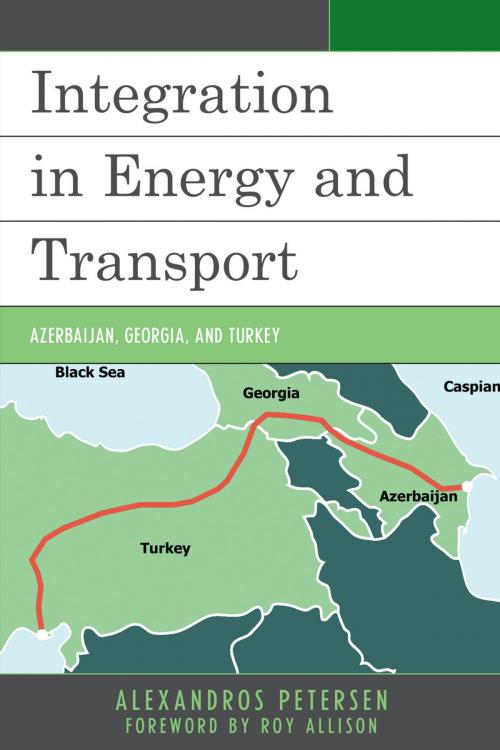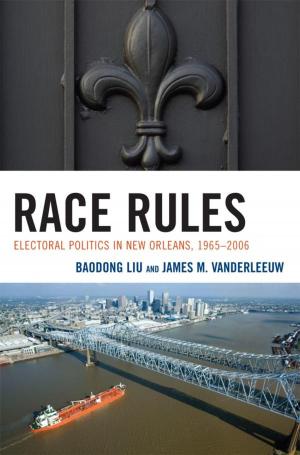Integration in Energy and Transport
Azerbaijan, Georgia, and Turkey
Nonfiction, History, Asian, Asia, Social & Cultural Studies, Political Science, International, International Relations| Author: | Alexandros Petersen | ISBN: | 9781498525541 |
| Publisher: | Lexington Books | Publication: | June 16, 2016 |
| Imprint: | Lexington Books | Language: | English |
| Author: | Alexandros Petersen |
| ISBN: | 9781498525541 |
| Publisher: | Lexington Books |
| Publication: | June 16, 2016 |
| Imprint: | Lexington Books |
| Language: | English |
The South Caucasus has established itself as a corridor for transporting energy from Azerbaijan to Georgia, Turkey, and on to Europe, symbolized by the Baku-Tbilisi-Ceyhan oil pipeline. This new infrastructure has created an east-west “Eurasian bridge” in which transnational extra-regional actors, especially the European Union and international financial institutions, have played a critical role. This book offers an original exploration of integration in the energy and transport sectors amongst Azerbaijan, Georgia, and Turkey, and the capacity of this to fundamentally change relations between these countries. In the period studied, from the mid-1990s to 2008, integration in energy and transport did not result in broader political, security, and sociocultural integration in any significant way. The author sets his analysis in a theoretical framework, drawing on theories of integration, but also grounds it in the detailed, empirical knowledge that is the measure of true expertise.
The South Caucasus has established itself as a corridor for transporting energy from Azerbaijan to Georgia, Turkey, and on to Europe, symbolized by the Baku-Tbilisi-Ceyhan oil pipeline. This new infrastructure has created an east-west “Eurasian bridge” in which transnational extra-regional actors, especially the European Union and international financial institutions, have played a critical role. This book offers an original exploration of integration in the energy and transport sectors amongst Azerbaijan, Georgia, and Turkey, and the capacity of this to fundamentally change relations between these countries. In the period studied, from the mid-1990s to 2008, integration in energy and transport did not result in broader political, security, and sociocultural integration in any significant way. The author sets his analysis in a theoretical framework, drawing on theories of integration, but also grounds it in the detailed, empirical knowledge that is the measure of true expertise.















